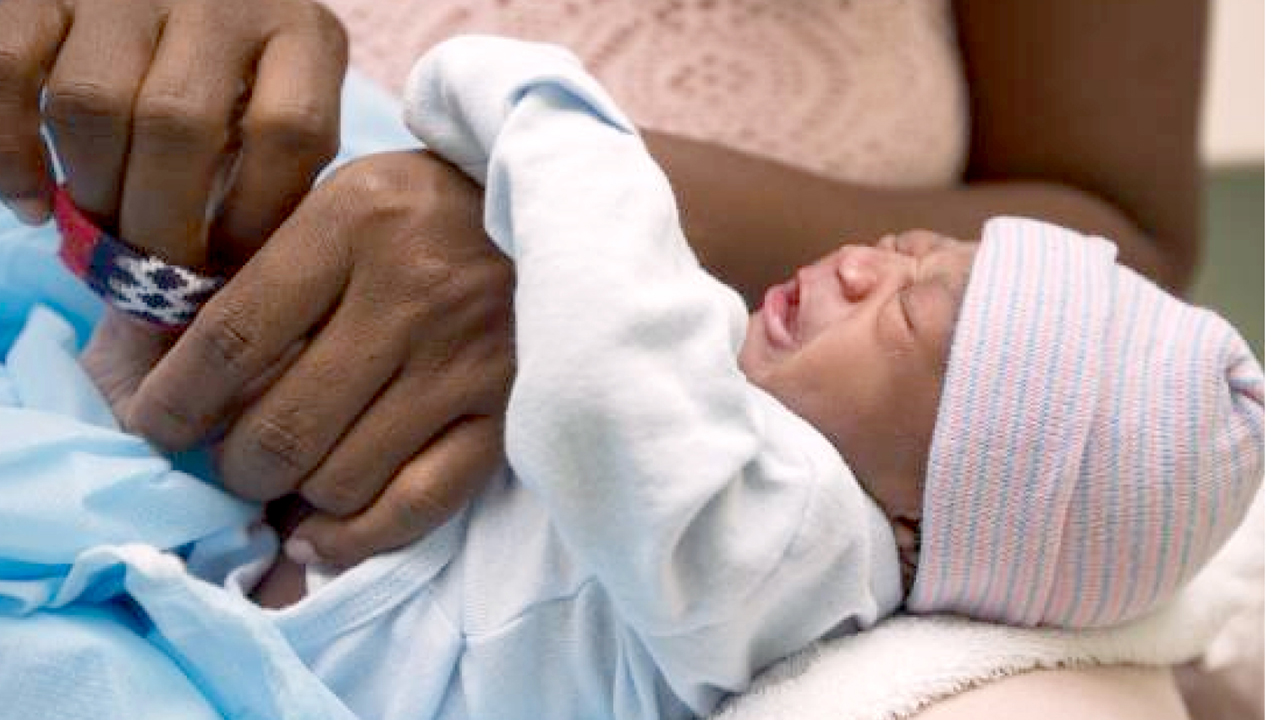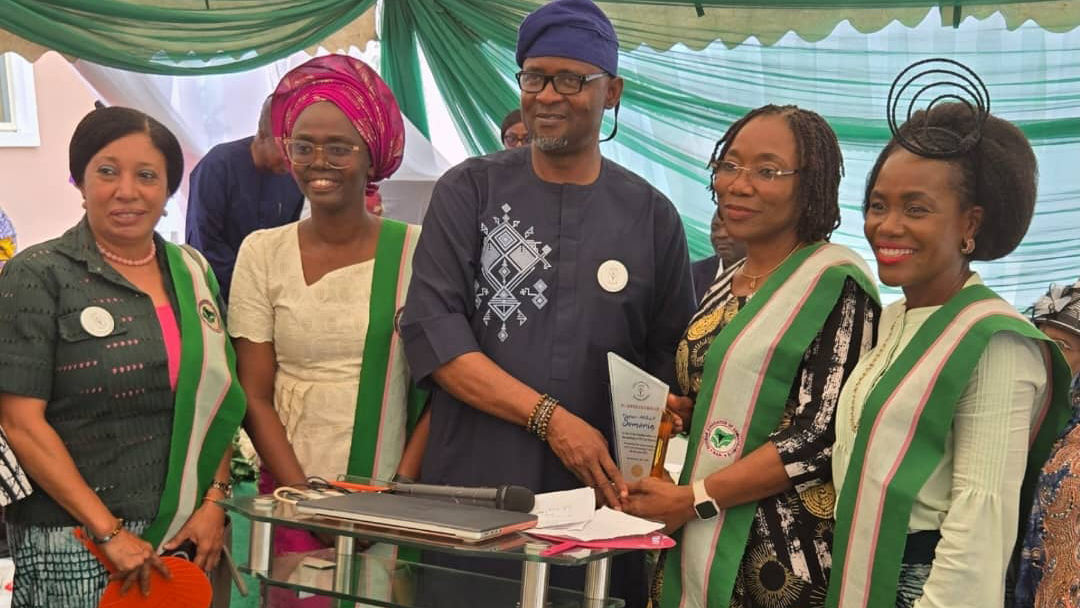
Stakeholders have called for urgent and united action to address the high level of maternal mortality in the country.
Nigeria has one of the highest maternal mortality rates globally, with more than 1,000 maternal deaths for every 100,000 live births. Under the UN Sustainable Development Goals (SDGs), plans are to reduce the global Maternal Mortality Ratio (MMR) to below 70 deaths per 100,000 live births by 2030.
The stakeholders said Nigeria must reduce maternal deaths by at least 20.3 per cent each year to meet the SDG goal. They met at this year’s Celebrating Womanhood Art Gala, themed “Her Strength in Every Story: Creative Expressions for Women’s Health,” organised by the Nigeria Health Watch.
Speaking at the event, Minister of Women Affairs, Hajiya Sulaiman-Ibrahim, said the government is prioritising policies that reduce maternal mortality, expand access to reproductive healthcare, address mental health challenges, and tackle gender-based violence through stronger legal frameworks and survivor-centered policies.
She noted that the country cannot progress when women continue to face barriers in healthcare, economic exclusion, gender-based violence, and systemic discrimination.
Sulaiman-Ibrahim, who called for collective action and collaboration to drive the process, said, “We cannot achieve this alone. It requires collaboration between government institutions, civil society, artists, media, and advocates. Real change happens when all voices come together.”
Represented by Jummai Idonijie, the minister advocated investment in women’s health for a stronger, more prosperous Nigeria,
Sulaiman-Ibrahim expressed the commitment of the ministry towards advancing the rights and well-being of women across the country, stressing that women’s voices should be employed as a tool for advocacy, to create a movement that cannot be ignored in empowerment.
The minister observed that the event speaks to the resilience of women and the crucial role that art plays in both advocacy and healing.
She said, “Arts do not just tell stories but compel action. What we’re celebrating is not just the challenges that women face but the triumphs they achieve despite them. Beyond its power as an advocacy tool, art is also deeply healing.”
The minister called for increased support and advocacy for women’s health and well-being: “Use your platforms, whether in government, business, media, or the arts, to amplify women’s voices and drive meaningful change,” she charged.
On her part, the President-elect of the Union for International Cancer Control and Founder of the Medicaid Cancer Foundation, Dr Zainab Shinkafi-Bagudu, observed that women often bear the responsibility of not only their families but entire communities and stressed the need to raise awareness about women’s health.
Bagudu called on professionals from all industries to integrate women’s empowerment into their work.
Also, the Director General of the National Gallery of Art, Ahmed Sodangi, said that research has shown that art can play a crucial role in emotional well-being, stress reduction, and mental health support, adding, “We navigate modern challenges, we must embrace the intersection of art and health.”
He observed that there is a nexus between art and womanhood, which plays a crucial role in shaping society and addressing critical issues such as maternal healthcare.
The Director General noted that access to up-to-date health information, awareness of pregnancy patterns, and understanding of past and future health trends significantly contribute to improved maternal healthcare outcomes.
Sodangi said, “This festival serves as a reminder that art is not just about aesthetics; it is a powerful tool for storytelling, self-expression, and social connection. We are proud to witness the convergence of creativity and purpose at this festival.”
Earlier, the Managing Director of Nigeria Health Watch, Mrs Vivianne Ihekweazu, said the event serves as a catalytic advocacy platform to accelerate action for quality maternal healthcare delivery and creatively addressing inequities in maternal health access through diverse forms of art.
She observed that women’s economic empowerment is the foundation for building a future where maternal health outcomes are improved, where maternal deaths are drastically reduced, and where women’s voices are no longer silenced or ignored.
Ihekweazu noted that maternal health is an issue that touches families, communities, and nations, yet the disparities in maternal health outcomes, especially in countries like Nigeria, remain alarmingly high.
Ihekweazu highlighted the need to find creative ways to ensure that women are heard, respected, and empowered to advocate for their health and well-being.
She stated that when women have the economic means to support themselves, they are more likely to have access to quality healthcare, make informed decisions about their health, and advocate policies that prioritise their well-being.
According to her, women’s economic empowerment is the foundation for building a future where maternal health outcomes are improved, maternal deaths are drastically reduced, and women’s voices are no longer silenced or ignored.
“Women who control economic assets can negotiate for better healthcare services, ensure their families have access to resources, and demand that their needs be addressed in both healthcare and policy settings. But it is not just about healthcare,” she said.
Ihekweazu noted that the event underscored the power of artistic expression in advocating for better healthcare for women.
The Director of MSD for Mothers, Nigeria and Kenya, Iyadunni Olubode, noted that providing women with access to healthcare enhanced the overall health and wellbeing of the family.






